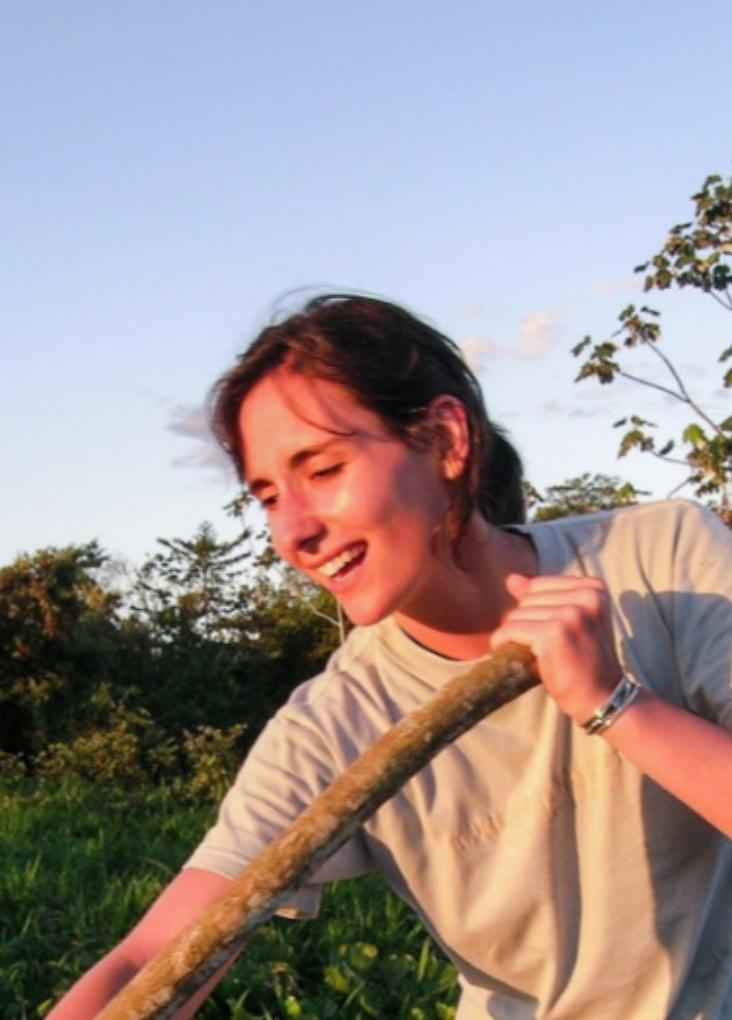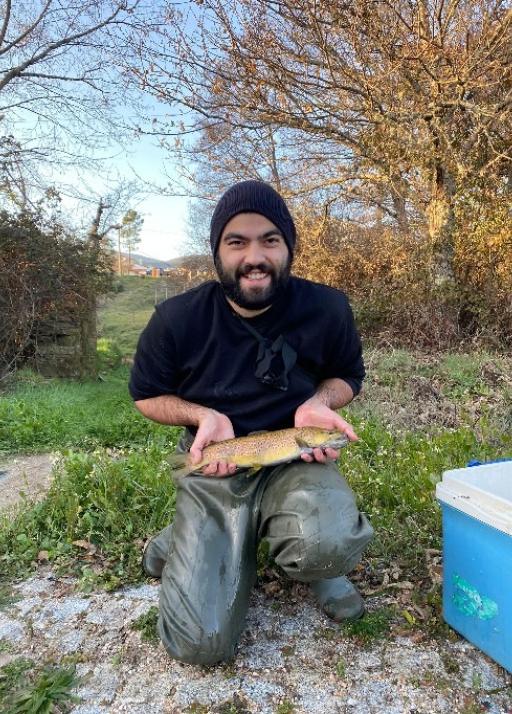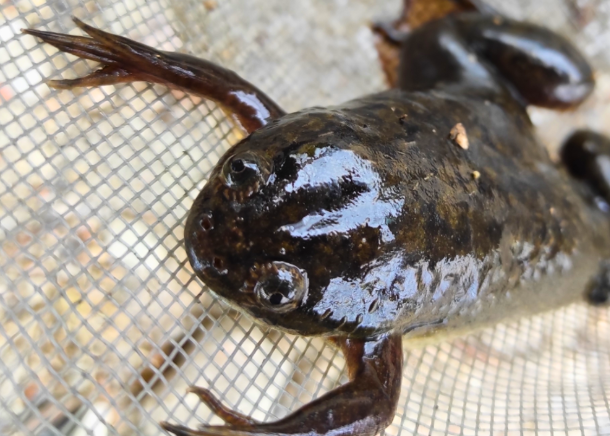Summary:
Climate change is asymmetrically altering environmental conditions worldwide, creating novel spatial heterogeneity. Species are expected to respond to this heterogeneity in ways that broadly rewire food webs. As species go locally extinct, migrate out of or into the system, rewiring may potentially alter whole food web structure and stability. This may be particularly serious in freshwater systems made up of ectotherms that are highly sensitive to temperature changes.
This project analyses community rewiring under warming, isolating the role played by diet plasticity from the role played by mobility, and the effects of temperature on diet plasticity. Focus is on communities in intermittent streams which are prevalent in several world regions and bound to expand in the future. Isolated pools are used as a natural mesocosm, where generalist fish, exerting top-down control of the trophic network, are blocked from migrating, and rewiring is mediated only by prey removal, according to their vulnerability to warming, and predator diet plasticity.
Keywords:
Cascading effects; Ecosystem-based approach; Secondary extinction; Sensitivity
Funding Institution:
FCT
Partners:
Research Institute for Agriculture, Food and Environment (INRAE); School of Biological and Behavioural Sciences, Queen Mary University of London; MARE - Centro de Ciencias do Mar e do Ambiente






